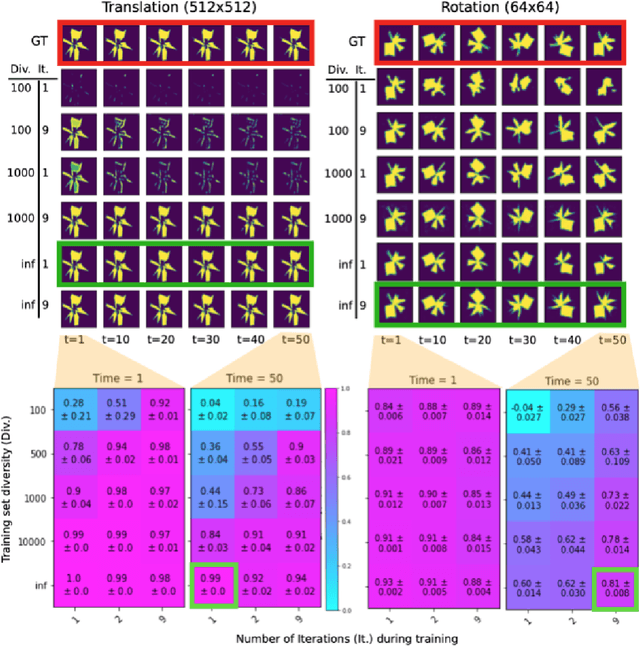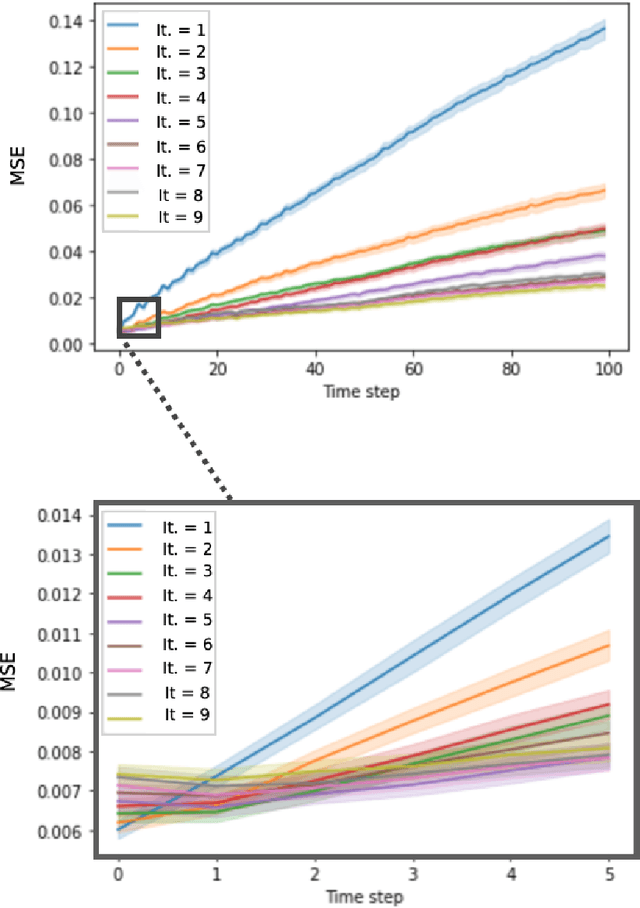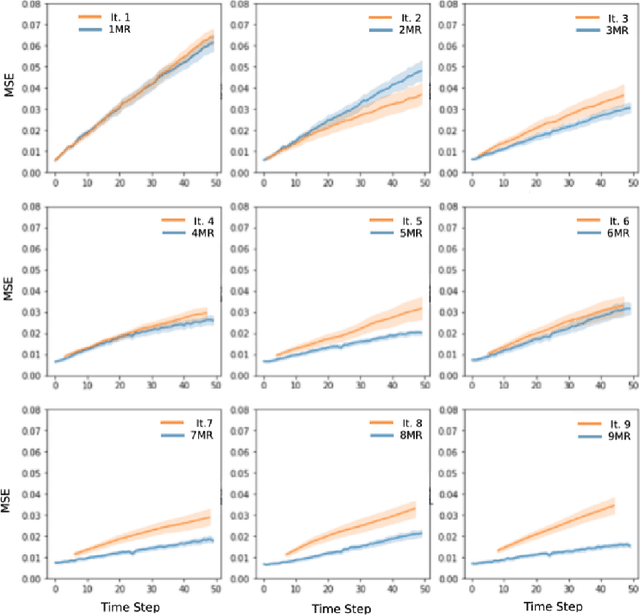Learning Canonical Transformations
Paper and Code
Nov 17, 2020


Humans understand a set of canonical geometric transformations (such as translation and rotation) that support generalization by being untethered to any specific object. We explore inductive biases that help a neural network model learn these transformations in pixel space in a way that can generalize out-of-domain. Specifically, we find that high training set diversity is sufficient for the extrapolation of translation to unseen shapes and scales, and that an iterative training scheme achieves significant extrapolation of rotation in time.
* NeurIPS 2020 Workshop on BabyMind
 Add to Chrome
Add to Chrome Add to Firefox
Add to Firefox Add to Edge
Add to Edge